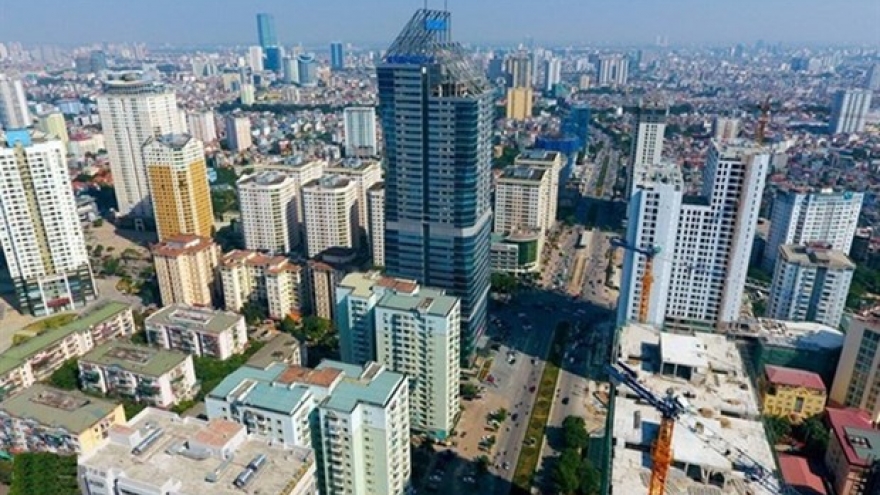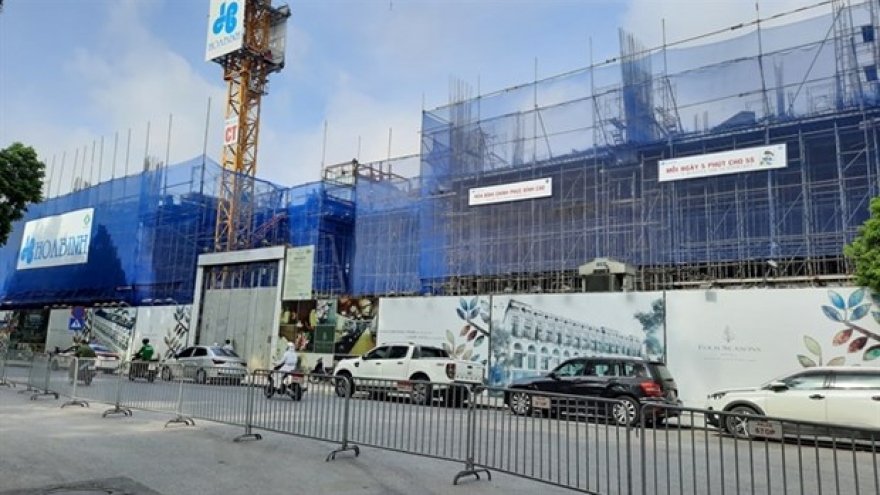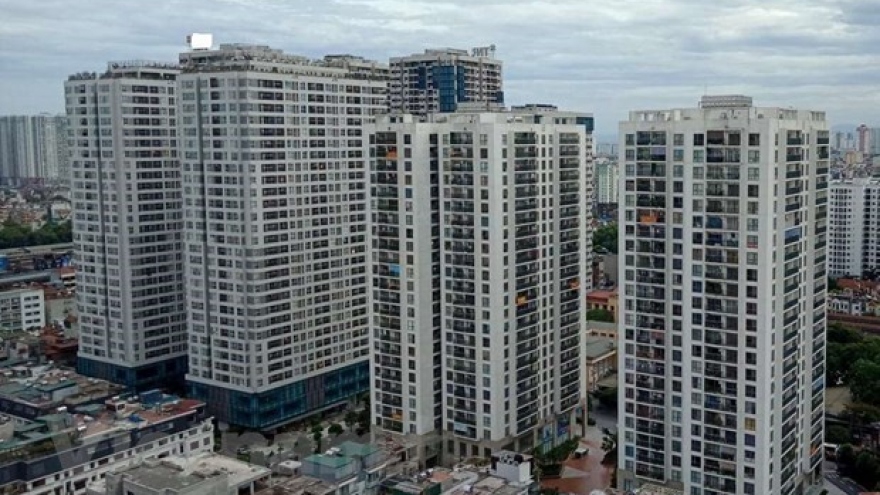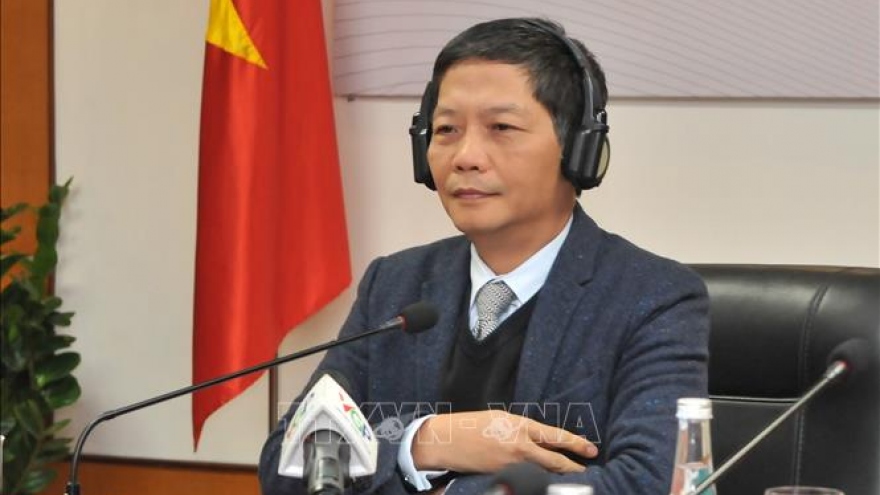Tag: Property

Hybrid model, the new rising trend in office market
A hybrid working model comprising both remote and office-based work is a trend that many companies will embrace since working methods have changed globally after the pandemic broke out, including in Vietnam, experts have predicted.

Domestic property market sees recovery: ministry
The Ministry of Construction (MoC) believes the domestic real estate market has overcome the most difficult period due to positive developments in the market as well as the whole economy in the fourth quarter of 2020.

Real estate seeing recovery in 2021
In 2020 the Vietnamese real estate market, just like across the globe, was heavily impacted by the COVID-19 pandemic and that remains the case today. There are, however, some bright spots in the market and if the virus is fully controlled, this year should recover and also see stronger liquidity.

Real estate inventories increase significantly in Q4
The real estate inventories of listed companies increased significantly in the fourth quarter of 2020 over a year ago because many projects were stagnant due to the impact of the COVID-19 pandemic, legal bottlenecks and limited financial capacity of the developers.

National production development programme to 2030 launched
The Prime Minister has recently promulgated the national product development programme to 2030.
.jpg)
Vietnam amends IP law to meet FTA requirements
Vietnam passed the intellectual property law few months after the enforcement of the Comprehensive and Progressive Agreement for Trans-Pacific Partnership (CPTPP).

Five trends identified for real estate market in 2021
While 2020 is believed to have changed the real estate industry, trends in the sector this year are forecast to sustain or be aligned with demand in the market.

New partnership to reduce greenhouse gas in building
European property developers are working with the Vietnamese Ministry of Construction to reduce greenhouse gas emissions in the residential property sector.

Firms warned over intellectual property
Experts are again issuing a warning to local enterprises to pay attention to intellectual property (IP) rights when doing business overseas.

Vietnam always a leading partner of Netherlands in Asia
Vietnam is always a leading partner of the Netherlands in Asia, said the Dutch Minister for Foreign Trade and Development Cooperation, Sigrid Kaag, at an online meeting with Vietnamese Minister of Industry and Trade Tran Tuan Anh on January 14.









